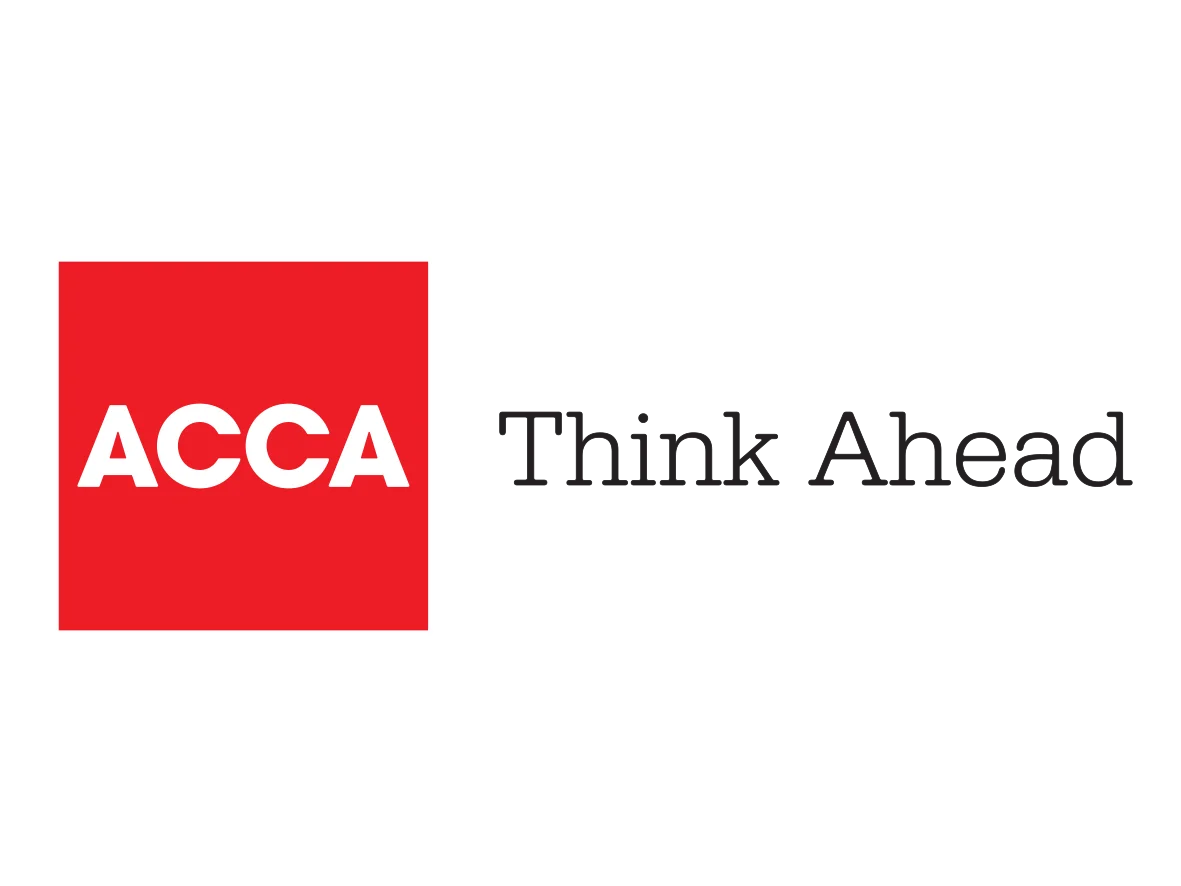COVID-19 loan default figure hits £2bn
UK banks have made claims worth £352m from the government to cover losses on the Covid-19 loan repayment schemes, while thousands have defaulted on loans
The latest figures show that 8% of borrowers of covid loans have defaulted representing 62,397 loans, valued at £2.09bn.
Around 7% of borrowers have already paid back their loans in full, settling a total of £9bn, while 85% of loans are being paid back on monthly repayments as scheduled.
Lenders reported that the fraud checks they undertook as part of the bounce back loan scheme application process prevented 62,380 loans with a value of £2.2bn from being loaned to potentially fraudulent businesses or individuals. No further updates are expected now that the scheme has closed.
Since 31 March 2020, businesses have borrowed over £77.1bn through the three loan schemes set up to support businesses through the pandemic.
For the first time data published by the Department for Business, Energy and Industrial Strategy (BEIS) showed banks’ rate of loss on the government’s £47bn bounce back loan scheme.
The data relies on information submitted to the British Business Bank’s lender portal by accredited lenders.
The British Business Bank said it was ‘important to recognise that it is still very early in the life of the Covid-19 loan guarantee schemes,’ adding that ‘data being collected from scheme lenders is subject to refinement, addition, and correction over time’.
Currently, data shows that businesses continue to make a positive start to repayments – the majority meeting monthly repayments, the British Business Bank said.
The loans were underwritten by the government so that default figures would not affect the banks.
So far, Metro Bank and Barclays are the two biggest claimants with the government refunding them £122m and £88m respectively for defaults on bounce back loans. The banks have claimed back 8.5% and 0.8% of the funds issued under the loan schemes.
In a statement, Metro Bank said: ‘As more data is reported over time, we expect Metro Bank to move more broadly in line with our peers,’ adding it ‘acts quickly to help customers experiencing difficulties’.
Smaller lenders, such as Tide Bank, which issued almost £60m in bounce back loans, has claimed back around 25% of the money lent to businesses.
In a statement, Tide said: ‘As a business, we offered bounce back loans to help our customers through lockdowns and to support the government’s efforts to help the economy during the pandemic crisis.
‘We have put in claims for NPLs (non-performing loans) more quickly compared to traditional banks which are likely to do so over the next coming year.’
Over 28% of bounce back loan facilities have used one or more of the Pay As You Grow options announced in September 2020. The scheme offers greater flexibility to businesses who wish to manage their loan repayments by offering a number of options to structure their repayments, including paying back loans over a 10-year period.
Meanwhile, Starling Bank has claimed £61m of the £1.6bn it issued in loans, a rate of 3.8%.
So far 8% of the loans covered by the government’s guarantees have been subject to a default.



